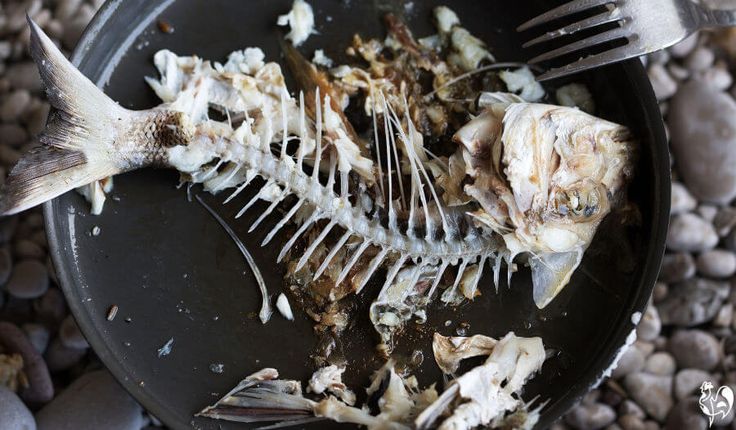Transforming Waste into Compost
Exchange your organic waste for nutrient-rich compost

Collecting
Begin by gathering organic waste materials such as kitchen scraps and garden clippings from your home or business environment. This initial step sets the foundation for creating nutrient-rich compost that benefits the environment and supports sustainable practices.

Processing
During the processing stage, organic materials undergo decomposition through natural microbial activity. This transformation process breaks down the waste into compost.

Completion
Once the composting process is complete, the resulting compost can be used to enrich soil quality in gardens, farms, and landscaping projects.

Fascinating Facts about Composting
Did you know that composting can reduce household waste by up to 30%? Turning organic waste into compost, we not only enrich the soil but also significantly cut down on the amount of waste sent to landfills. Composting also helps sequester carbon, which aids in the fight against climate change.
Top Organic Waste
Discover our diverse collection

Leftover Food
Food scraps remaining after meals, suitable for composting to reduce waste.

Rotten Vegetables
Discarded vegetables that have spoiled and are ideal for composting to enrich soil.

Rotten Fruit
Overripe or spoiled fruits that can be composted to create nutrient-rich soil conditioner.

Dried Leaves
Fallen or collected dried leaves, perfect for composting to enhance soil.
Frequently Asked Questions (FAQ)
The system uses sensors installed in waste bins to monitor the fill levels.
Waste collection is scheduled every day at 6:00 AM and 4:00 PM. However, the schedule can be adjusted based on the critical levels of the waste bins monitored by the system.
You can report a full or damaged waste bin through the Smart Waste Management application or by contacting our customer service at 123-456-789.
